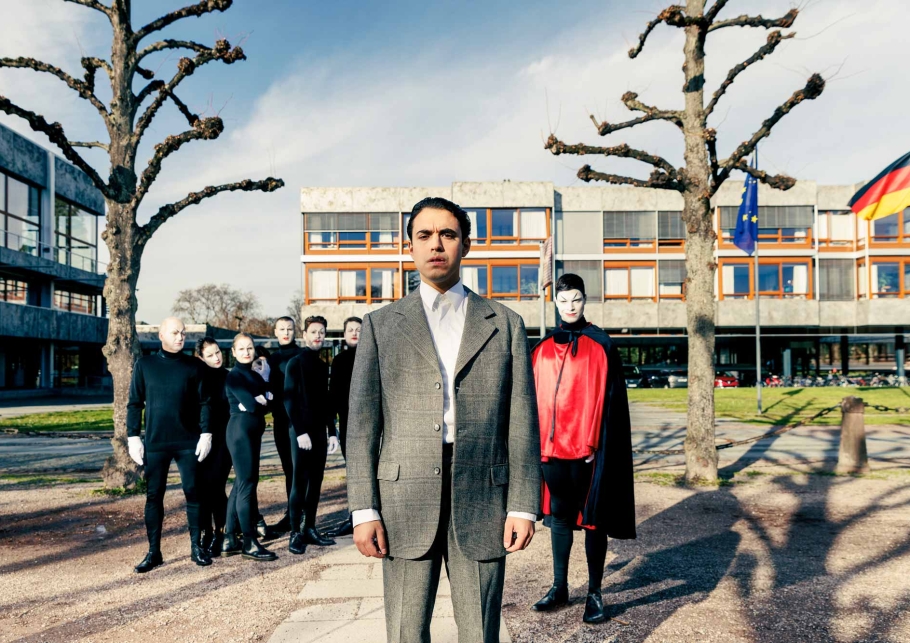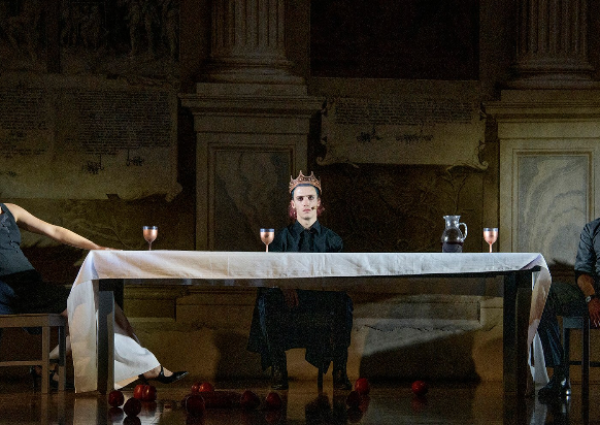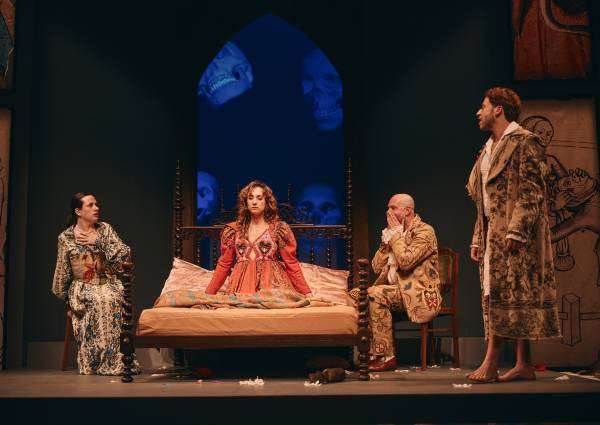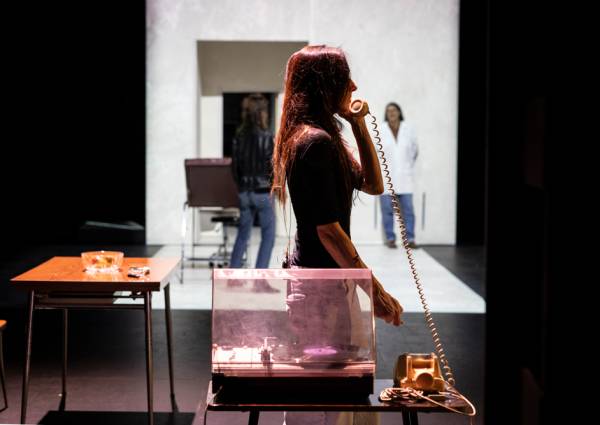How does art relate to politics, theatre to power? Always dissatisfied with his previous career in the "provincial city" of Hamburg, the ambitious actor Hendrik Höfgen sees his chance when the National Socialists seize power in 1933: he comes to terms with the new rulers and rises quickly with the help of the "aviator general" - number two in the new regime to theatre star and finally state theatre manager in Berlin. He accepts the fact that he will betray his political and ethical ideals and turn his back on his friends and colleagues.
Klaus Mann's literary study of reality, written and published in exile in the Netherlands in 1936, looks almost prophetically at the gloomy development of the criminal Nazi regime. Mann draws a satirical and almost devastating portrait of the careerist, behind whom – despite Klaus Mann's insistence on his main character as a “symbolic type” – the real actor Gustaf Gründgens can be seen. Reason enough for the Karlsruhe judges to stop the publication of the novel in Germany in 1971 with the much-noticed Mephisto decision due to a violation of personal rights. It was only ten years later that people dared to publish the novel again. But what about artistic freedom and the ideal of uncompromising art today?
Nils Strunk, actor at the Burgtheater in Vienna, made his directorial debut at the STAATSTHEATER in the 2020/21 season with the acclaimed solo performance of Mozart and Salieri. With a view to our present, he is now once again focusing on the "symbolic type" and, together with the acting ensemble, reinterprets Klaus Mann's satirical classic novel.






